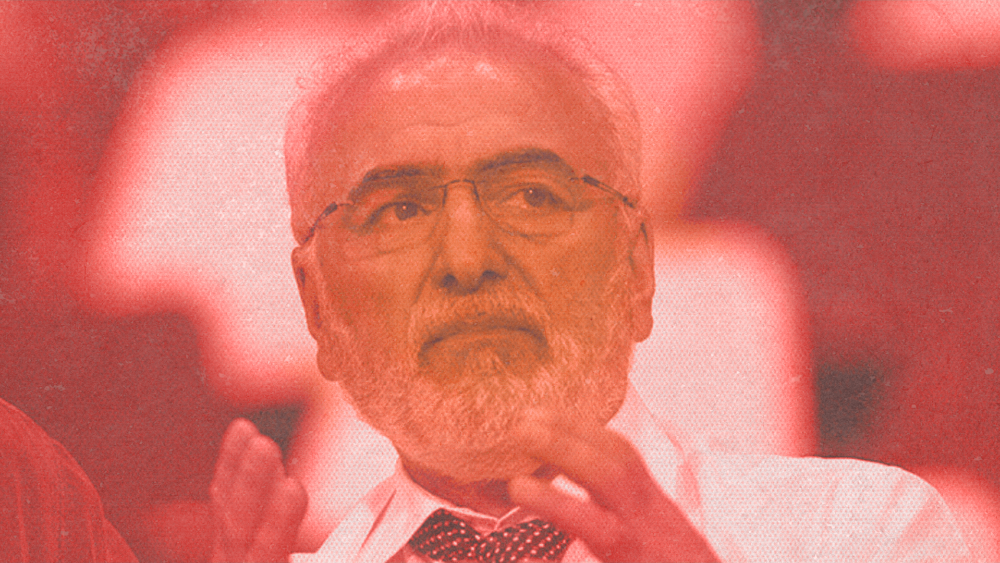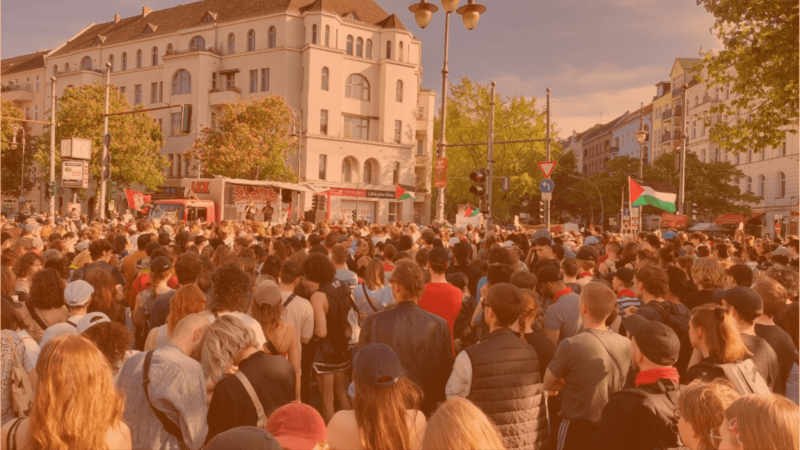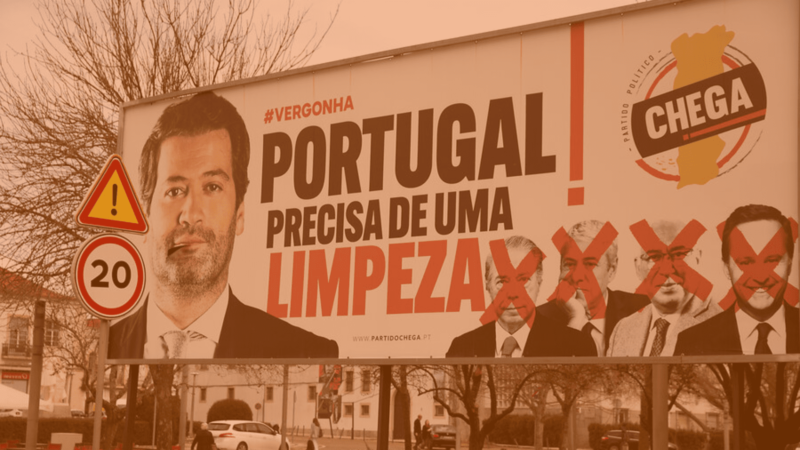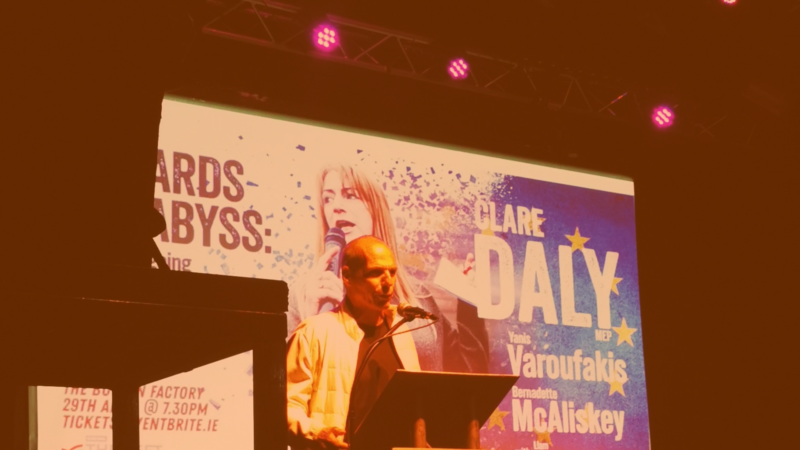The owners of the top four clubs have established a web of power and control, leveraging their sporting stature to garner commercial or political benefits. After first looking at Olympiacos owner Evangelos Marinakis, we now turn our attention to PAOK’s Ivan Savvidis.
In Thessaloniki, the owner of the region’s biggest football club, PAOK, is eccentric Russian-Greek businessman Ivan Savvidis who, despite his friendship with Vladimir Putin and general popularity among his team’s fans, recently helped facilitate one of the most controversial agreements in Greece’s recent history, against the interests of the Kremlin and the will of the Macedonia region in which he resides.
Born in Georgia to Pontic Greek immigrant parents, he amassed his fortune first through the tobacco industry in Russia, before investing in everything from media, food products, luxury hotels and, of course, football clubs.
On the back of a financial crisis in Greece, Savvidis bought PAOK in 2012, paying off their debts and helping them to get back amongst the elite of Greek football. Owning the biggest club in the region of Macedonia is more than just a sporting venture, however. Through this and many other investments, such as the purchase of the famous Makedonia Palace Hotel, he has risen to become one of the most influential people in local politics.
Global headlines
For all his prominence in Greece, Savvidis keeps a low public profile and is fairly little-known outside of the countries which he now calls home. That was until March 2018, when he made global headlines.
After seeing his side have a goal ruled out in the last minute against AEK, which would’ve been the winner in an important title clash in March 2018, Savvidis entered the field to confront the officials… with a gun in his holster.
Subsequently, a win was awarded to AEK, the Greek league was suspended and Savvidis was banned from football stadiums for three years.
An unofficial Russian diplomat?
His activities in Greece are more closely monitored than most in the country due to his close relationship with Russia. In 2003, he was appointed a deputy in the Russian State Duma, before being re-elected in 2007 to Vladimir Putin’s United Russia party.
This makes any business activity of his perceived as a proxy to Russia by the West. This was the case when he became a 20 percent shareholder of a consortium that took over the port of Thessaloniki, the country’s second largest port after the one in Piraeus.
The port is strategic as it serves a gateway from Northern Greece towards countries of geopolitical interest to Russia, raising alarm bells in the United States and the European Union.
Savvidis has never made any secret of his affinity to Russia and Putin either. His personal website opens with a photo of himself shaking hands with the Russian president and the caption: “I’m proud to be [a] Russian citizen and I’ll always protect interests of my country.” However, the latter part of that statement did not hold up amid a controversial agreement brokered by another of his close political allies, Alexis Tsipras.
Savvidis-Tsipras alliance
Like Olympiacos owner Evangelos Marinakis’ connection with Kyriakos Mitsotakis, Savvidis has also made close political allies in Greece. In the case of the PAOK owner, it was with Alexis Tsipras.
He described Tsipras glowingly, comparing him to Putin, and vowed that Mitsotakis would never become prime minster.
One of Tsipras defining moments – for better or for worse according to who you ask – was the Prespa agreement. But it would likely not have come to pass without the help of Savvidis.
The Prespa agreement
His role as an alleged intermediary between Greece and Russia was put to the test with the Prespa agreement, the plan to put an end to the heated and long-running debate over the name of what is now, as a result of this accord, referred to as North Macedonia.
The name dispute began in 1991 when the Former Yugoslav Republic of Macedonia (FYROM) seceded from federal Yugoslavia and declared independence under the name ‘Republic of Macedonia’.
Yet Macedonia, an ancient Greek kingdom, the homeland of Alexander the Great, and geographically an area whose majority lies in modern day Greece, is an indisputable part of the country’s historical and cultural heritage, and so Athens had remained embroiled over the name of its neighbouring country.
However, in June 2018, then Greek prime minister Tsipras announced that an agreement had been reached with his Skopjan counterpart Zoran Zaev, to rename the country to ‘North Macedonia’, unleashing a political storm in the country. From the far-right Golden Dawn to the far-left Communist Party, as well as New Democracy, all were fiercely against the move.
Tsipras was once again buckling under the orders of his European and American overlords. Just like he signed off on the disastrous EU bail-out which he was brought in specifically to go against, or how he handed over several military bases to the US despite posing as an anti-imperialist pre-election, he was hellbent on granting the West its latest wish, sacrificing the name of a historic Greek territory to further expand NATO.
This debate was particularly sensitive for the people of actual Macedonia, the region where Savvidis’ football club PAOK reside. Coupled with the fact that the agreement also included the prerequisite of North Macedonia joining NATO, clearly against the will or interests of Russia, it was believed that Savvidis would help thwart the agreement.
It was even alleged by OCCRP that Savvidis had previously been funding politicians in Greece’s northern neighbour to go against the proposed renaming.
Tsipras-Savvidis ‘pact’
But Savvidis, despite being seen as the likeliest hope of standing in the way of such a deal going through, and being portrayed as Putin’s right-hand man in Greece by Western commentators, triggered all the necessary mechanisms for it to go ahead with as little pushback as possible. In return, the Tsipras government provide several ‘gifts’ to him and PAOK along the way.
The foundations for this Savvidis-Tsipras ‘pact’ were laid in September 2018, at the Thessaloniki International Fair, where Tsipras promised to donate state land to PAOK for the construction of a new stadium, a matter that had been constantly stalled by the government for years.
Panagiotis Kammenos, the Greek defence minister at the time, another key player in the forging of the Prespa agreement and a loyal friend of Savvidis, was also present, where he was controversially presented a PAOK shirt with the number 12 on the back. It was a move that caused outrage among PAOK fans as that particular number had always been associated with the supporters being their ‘12th man’ and had long been retired by the club.

PAOK vice-president Makis Gagatsis presenting then-defence minister Panagiotis Kammenos with a No.12 PAOK jersey in September 2018
A month later, Kammenos announced that the approval of allocating state land for the new PAOK stadium was signed by him personally, and sent to parliament for voting.
The Greek government knew that Savvidis was a crucial component in passing the Prespa agreement, and these gestures signalled the alignment of the club and the government.
Savvidis owns several prominent media outlets, and thus is one of the biggest, if not the biggest, influencers of public opinion in northern Greece. Through his Dimera Group, he controls Radiotileoptiki S.A., TV channel Open TV, and two newspapers, Ethnos and Imerisia.
On February 4, 2019, a week before the agreement was set to come into force, 23 PAOK supporters groups – led by the aptly named ‘Macedonians’, the biggest PAOK fan group – had announced a rally for February 10, the day of the fierce derby match against Olympiacos.
“After the shameful and treacherous Prespa agreement, the struggle for Macedonia continues. The people of PAOK have been at the forefront over the years in defending the sacred name of Macedonia, especially in the last year, in mass rallies across Greece,” read part of the statement.
Yet, later that evening, the supporters’ group retracted the gathering, hinting at political pressure as the reason. Savvidis’ media companies were also accused of tarnishing the nature and intentions of the protests.
“Our movement for Macedonia is not political in nature and we would like the presence of all people regardless of political views. Our position is fully unifying, contrary to those who claim that it creates a divisive climate. We are watching a national issue being insidiously dubbed ‘political’,” the supporters groups stated.
“Due to the climate created by certain political websites which has had the effect of influencing the ordinary PAOK fan and creating divisive reservations, we are postponing the date of the rally for Macedonia.”
Sporting glory – the perfect distraction
Sport can prove a powerful distraction, as leaders of nations have known and successfully utilised in the past. It just so happened to be that, in this particular season, PAOK were flying high in the Greek Super League, on course to win their first title in 34 years.
As such, the protest was instead moved to April 17, the day of PAOK’s home match against Lamia where victory would have left them within just two points of clinching the title.
Rather than a mass protest against the cultural and historical heritage of their region, fans instead went in droves to the stadium. There were 28,000 fans inside Toumba that day, and just 300 at the White Tower of Thessaloniki where the ‘mass’ protest was to be held.
PAOK eventually went on to win the league title – another sweetener perhaps from Tsipras to Savvidis for facilitating the Prespa agreement – but, for many, it came at the cost of the region’s soul.
Do you want to be informed of DiEM25's actions? Sign up here










